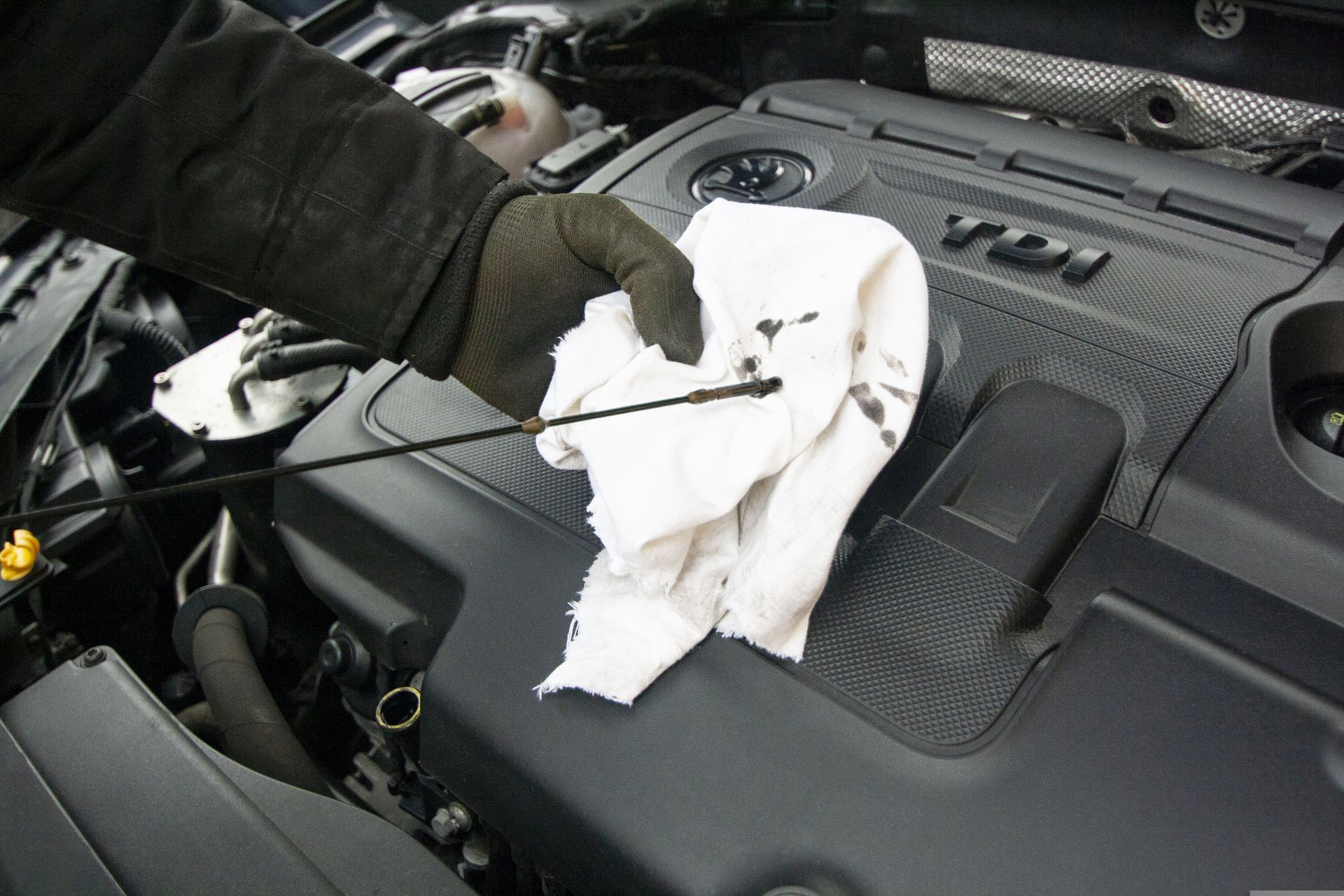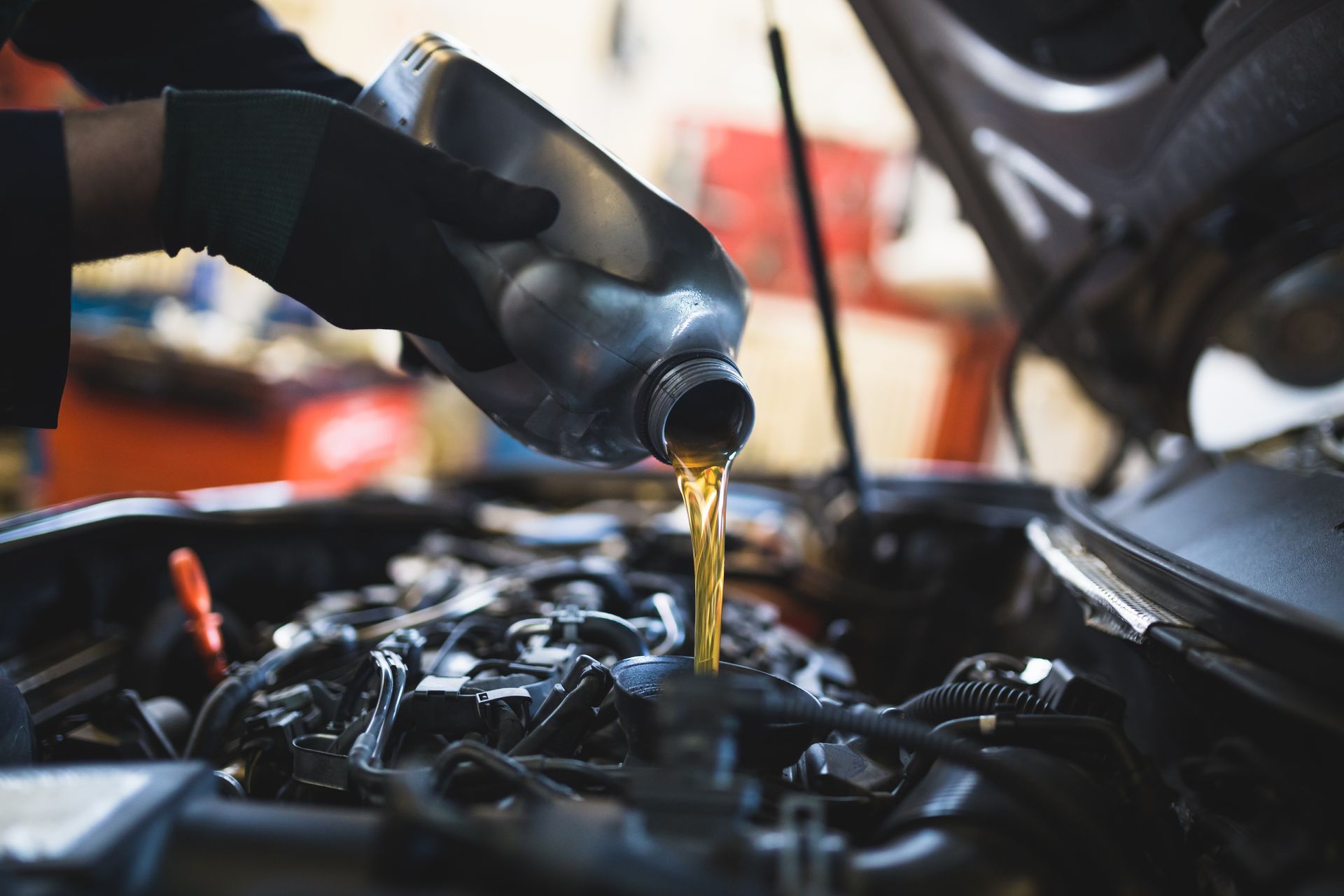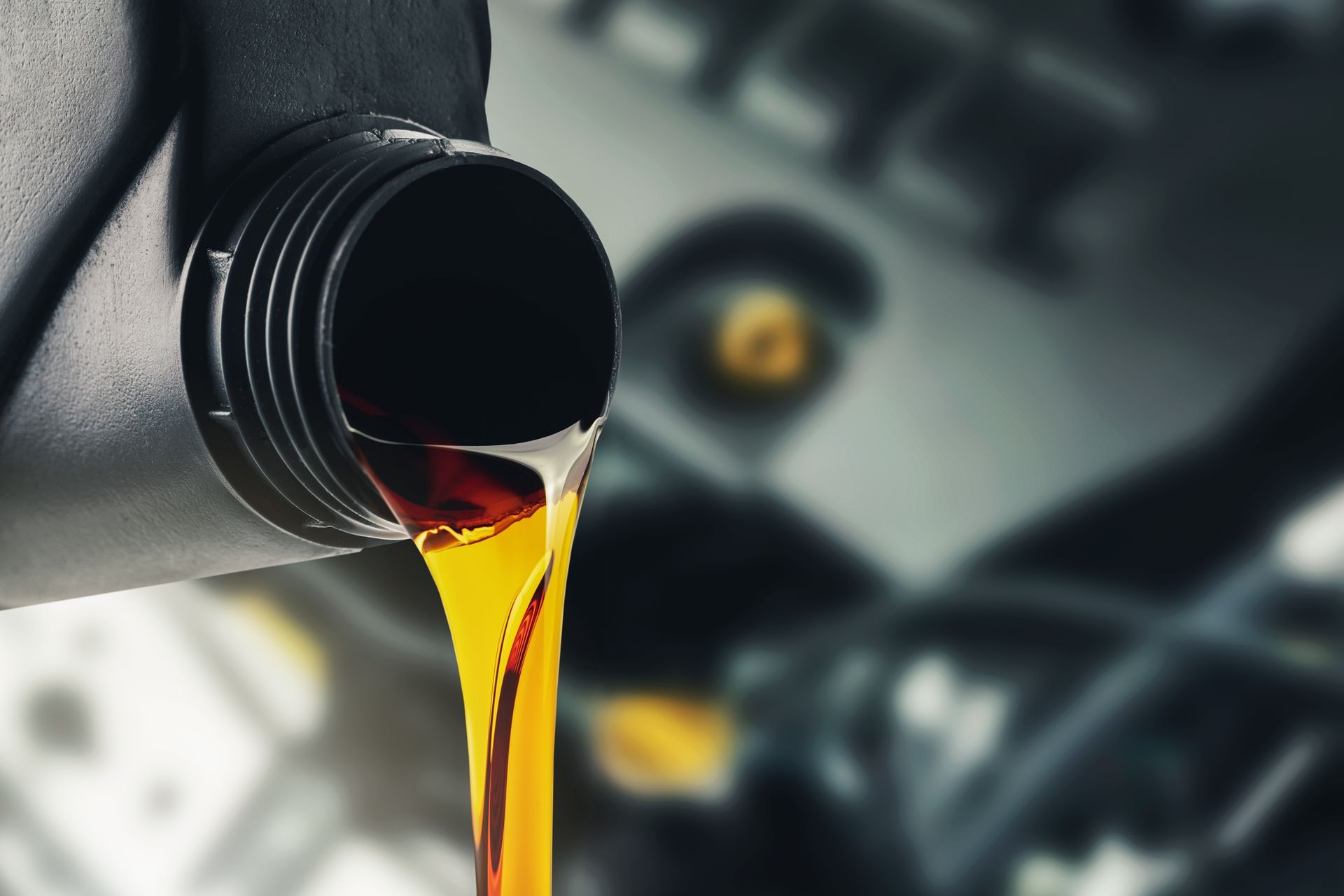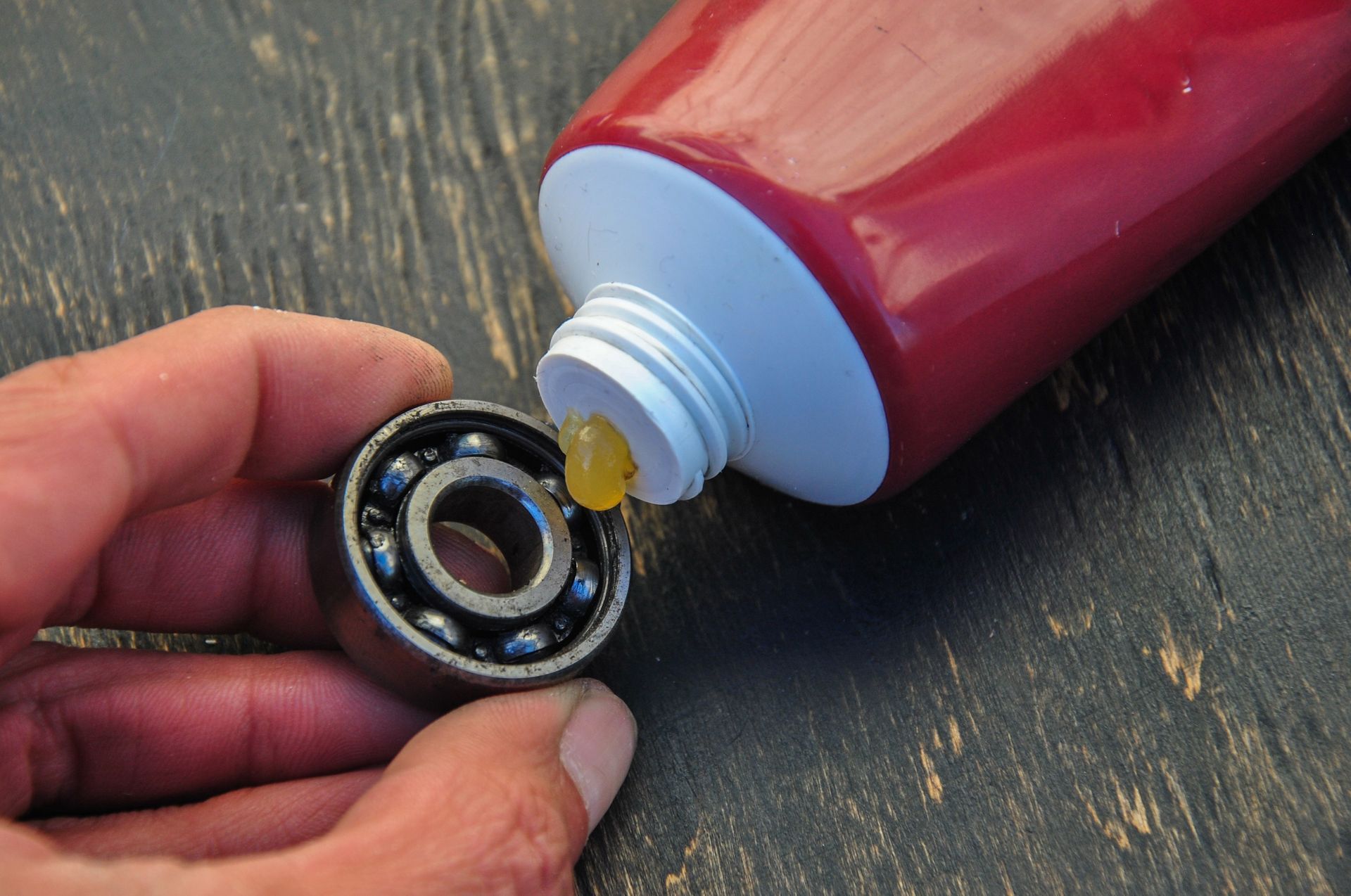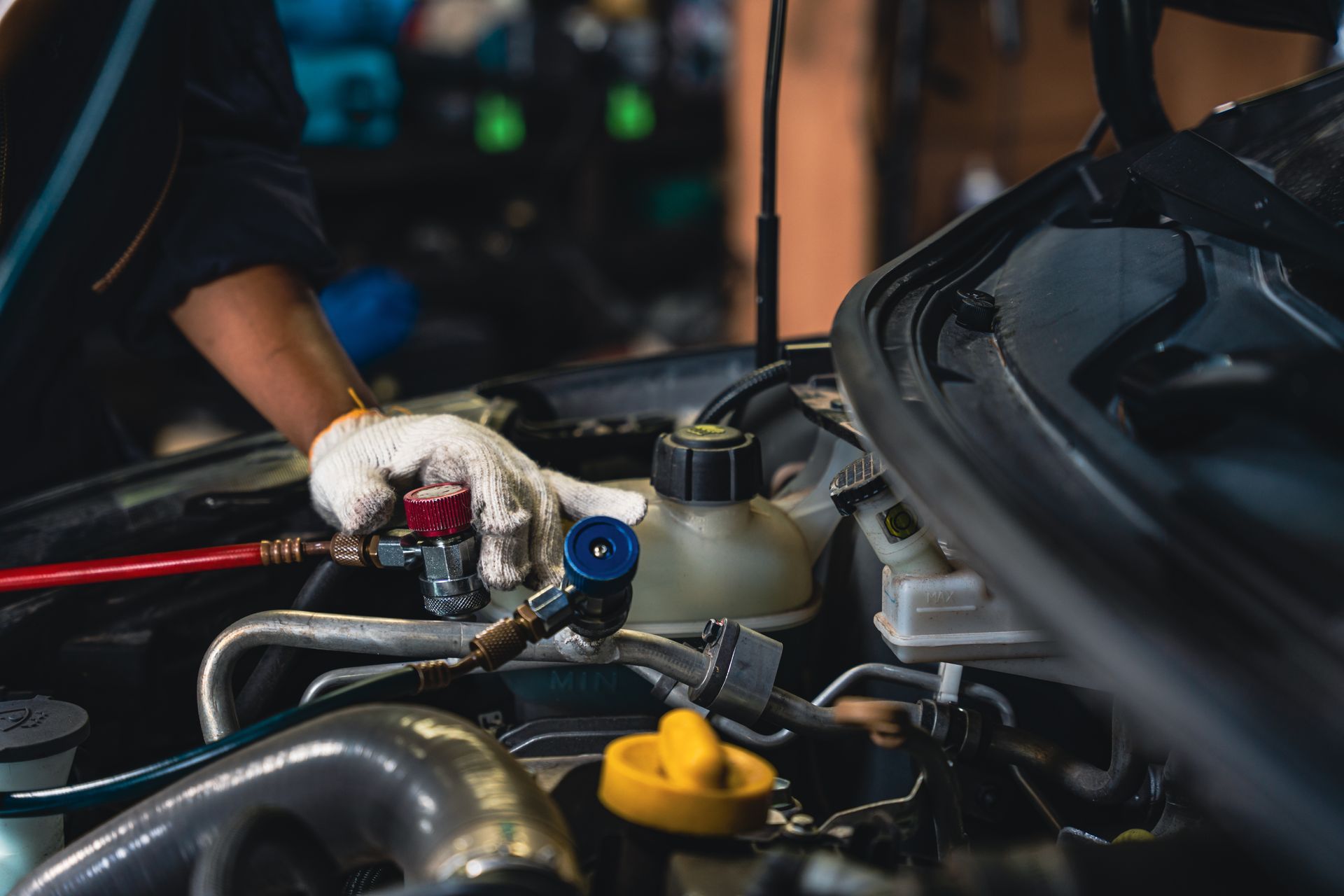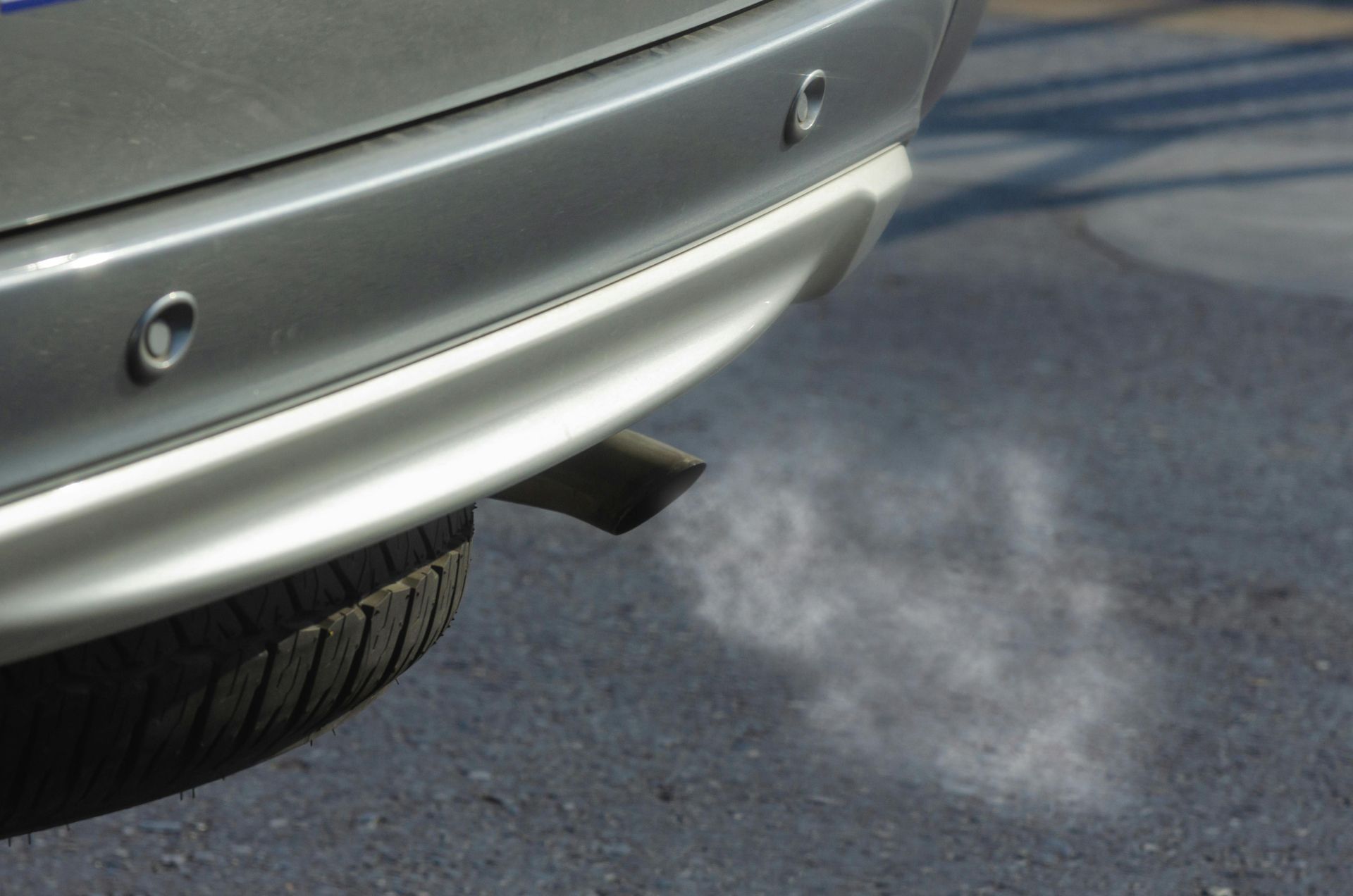Signs It Might Be Time to Check Your Brakes in Grand Rapids, MI | Auto Centric
When you're navigating the bustling streets of Grand Rapids, MI, the ability of your vehicle to stop safely is as crucial as its ability to accelerate. At Auto Centric, we understand the importance of well-maintained brakes not just for your safety, but for the safety of everyone on the road. Recognizing the signs that your brakes may need professional attention can save you from the hassle and dangers of brake failure. In this comprehensive guide, we'll walk you through the critical indicators that suggest it might be time to check your brakes.
Understanding Brake Systems
Before we dive into the signs of brake wear, let’s briefly discuss how braking systems work. Your vehicle's brakes are part of a complex system designed to stop your car smoothly and safely. This system includes various components like brake pads, rotors, discs, and fluid—all working together to ensure your vehicle stops when you hit the brake pedal.
Squealing or Grinding Noises
One of the most noticeable signs of worn-out brakes is a high-pitched squeal that occurs when you apply the brakes. This sound usually indicates that your brake pads are worn to the point where replacement is necessary. If you hear a grinding sound, it means the situation has progressed further, possibly to the point where your brake discs and calipers are making contact. This can damage your rotors, leading to a more expensive repair.
Wobbling or Vibration When Braking
If you feel a wobble or vibration in the steering wheel when you apply the brakes, it might be a sign that your brake rotors are unevenly worn. Rotors can warp from extensive use or severe braking conditions, causing a shaky feeling that’s noticeable, particularly during highway driving. At Auto Centric, our team can quickly assess your rotors and suggest the best course of action.
Longer Stopping Distances
Notice that it takes longer to stop your car than it used to? This can be a subtle sign that your brakes are losing their effectiveness. Increased stopping distances can pose a significant risk, especially in unexpected traffic conditions. If you're experiencing this, it’s advisable to have your brakes inspected to determine if they need service.
Brake Pad Thickness
For those who like to be proactive, checking your brake pad thickness can help you understand their condition. Generally, brake pads should be replaced if the pad is less than a quarter-inch thick. At Auto Centric, we recommend regular inspections to ensure that your pads are always in good shape.
Brake Warning Light
Most vehicles are equipped with a brake warning light that illuminates on the dashboard to alert you of potential issues within the braking system. If this light comes on, it’s crucial to take immediate action. It could be a simple fix like topping up your brake fluid or a more complex issue like system leaks or pad wear.
Why Choose Auto Centric?
At Auto Centric in Grand Rapids, MI, we pride ourselves on our commitment to customer safety and satisfaction. Our expert team is ready to provide comprehensive brake services—from routine inspections to complete replacements. We use the latest diagnostic tools and quality parts to ensure your vehicle performs safely and reliably.
Don't overlook the health of your brakes. Recognizing these signs and responding promptly can be the difference between safe travels and a potentially hazardous situation. If you're experiencing any of the above issues or it’s just been a while since your last brake check, visit Auto Centric. Our friendly, knowledgeable team is here to help ensure your vehicle is in top condition.
Call Us Today! Ready to ensure your brakes are roadworthy? Schedule your appointment with Auto Centric today and drive with confidence knowing your brakes are in expert hands.
